当前时讯:优质教育的开端,EYFS课程体系
We prepare our studentsto be
WORLD READY.
 (资料图片)
(资料图片)
Slide right for English
*本文是双语文章 左右滑动文字可以切换中英文
EYFS课程体系(全称为Early Years Foundation Stage)是世界上最具权威的婴幼儿早期教育标准之一,同时它也是英国有史以来规模最大的早期教育跟踪和效果评估项目之一。
作为一套针对0-5岁的幼儿连续发展和学习的早期课程体系,EYFS课程体系一直都是世界范围内尤其是英国本土的知名公立及贵族私立幼儿园的首选。
EYFS课程体系同时也是英国教育部历时12年、耗资超过1500万镑、超过7000名专家、学者和教师精细合作打造的结晶。它在英国被誉为“父母最好的选择、幼儿最好的开始”;它更是以注重儿童个性化发展作为核心理念,并不遗余力地帮助幼儿追求一段有“生命质感”的教育。
01
走进EYFS课程体系
EYFS课程体系包涵七大领域的学习,而在课程的理念上,也以蒙氏教育为基础,融合其他教育理论,遵守四个原则。
七大学习领域
Seven areas of learning
四个原则
Four principles
EYFS课程体系与IB PYP课程体系在理念方面也有着许多共同之处,例如两者都强调玩中学。同时两者都是一个包容性强的体系:EYFS课程体系同时承载了蒙氏、华德福、瑞吉欧等体系精髓,而IB PYP课程体系作为一整套全面的教学框架能与不同国家的课程体系相融合。
那么,这两大课程体系又各有哪些优势值得整合采用呢?
首先,EYFS课程体系主要针对0-5岁儿童,而IB PYP课程体系则能覆盖3-12岁儿童,以及后续针对12-18岁的IB MYP及IB DP课程体系。学生可以在IB体系的框架下螺旋上升地不断学习与探索,支持学生可持续发展地成长。
而EYFS课程体系,以当今世界上20多种先进的早期教育理论、研究和实践作为基础,对低龄段婴幼儿而言是一套全方位支持与照护的启蒙体系。
因此中山市阿丁莱幼儿园在课程构建之初,便属意将EYFS课程体系及IB PYP体系相融合,各取其优势及核心。
02
全面贯穿,
EYFS持续赋能
EYFS课程体系着重关注孩子们在七大领域的发展,因此针对每一位即将入读的学生,主班老师都会通过家庭面谈就孩子的不同方面提前沟通了解。其主要目的在于了解幼儿生长发育的现状、其在七大领域方面的基础情况、所处的家庭环境以及此前所接受过的教育项目。
在沟通、语言和文字、身体发展领域,中外教师们会利用有趣而富有挑战性的游戏加入到课堂当中。
例如短暂的艺术(Transient Arts),老师利用相框或者相框纸,再搭配低结构材料(自由零件)、自然材料,鼓励学生自由发挥并体现各自的想象力与创造力;
又例如圆圈时间(Circle Time),以小组形式围坐在地毯上,开展一次内容丰富并以互相尊重为前提的互动交流:可以是歌曲、童谣和律动的鉴赏、绘本故事分享,又或是针对当天趣闻的交谈,在一个轻松愉悦的氛围中,幼儿可以最大限度地集中注意力,学习新的知识与规则。
在个人、社会和情感发展领域,中外教师也将遵循EYFS课程体系的渗入。
例如在个人领域发展中,老师们会通过鼓励孩子们自己穿衣服、鞋子等方式给予他们更多的“试错机会”,这就逐渐培养了孩子们的独立能力、自信与自我意识;
而在社会领域,老师们打造的轻松和谐的课堂氛围就成为了孩子们建立人际关系的“垫脚石”,他们可以通过一次次的团队游戏又或是自由交谈时间来拉近同龄人之间的距离;
在情感发展方面,从新生入园时面对分离焦虑,老师们便给予他们无微不至的关爱,通过安抚、模仿、鼓励等正面管教方式,来支持幼儿完成情绪表达,并与他们建立一种安全感的链接。
03
多元评估,
EFYS阶段指导
EYFS课程体系要求早期教育工作者以观察性评价和过程性评价的方式,分别在2岁和5岁的年龄阶段对婴幼儿的学习成果进行全面总结。
两岁进步检查
在幼儿2-3岁之间,老师需要对幼儿在基础领域中的发展情况进行书面概述,指出儿童发展良好的领域以及可能需要额外支持的领域。而针对个别可能存在发展迟缓的领域,老师还需要描述未来计划采用的应对活动与策略。
五岁档案袋评价
在幼儿年满五岁的最后一个学期,老师们还会将幼儿的每个发展水平对应早期学习目标进行一次全面的综合评价,并对儿童的有效学习特征进行说明。
除此之外,中山市阿丁莱幼儿园还在其基础上优化了其评价方式。定期举办的三方会谈就是评估的一种方式,教师、学生、家长进行一次共同探讨,总结当前学习状况并制定下阶段的发展目标。
在七大领域的评估中,我们更是糅合了具体学科的评估信息。教师可以通过相关的游戏任务,以观察、记录、评估细则表等不同方式来衡量孩子的成长和进步。同时新增的单元总结评估,是在每个探究单元结束后开展一次主题评估,教师通过总结多学科融合、与学生学习和生活息息相关的挑战性任务,从而获得更有意义的反馈信息。
诺贝尔物理学奖得主卡皮察曾说:“一生中最重要的东西都是在幼儿园学到的!”0-5岁是幼儿一生中密集汲取知识、快速掌握技能的时光,作为完全覆盖这一阶段的EYFS课程体系,其教育理念以及对教学实践的指导,无疑会对孩子们的人生产生极为深远的影响。
在中山市阿丁莱幼儿园,EYFS课程体系也是继IB PYP课程体系及中国儿童学习与发展指南后的又一教学支柱。趣味性强而富有挑战性的游戏丰富了幼儿的活动,多元、相互关联的模块更是在重视幼儿兴趣发展的同时,帮助他们在人生早期奠定高质量的成长基础!
EYFS (Early Years Foundation Stage) is one of the world"s most authoritative early years standards and one of the largest early years tracking and impact assessment programmes ever undertaken in the UK.
As a continuum of development and learning for children aged 0-5 years, the EYFS curriculum has been the first choice of all the world"s leading public and private nurseries, especially in the UK.
The EYFS is the culmination of 12 years, over £15 million and 7,000 experts, academics and teachers working in partnership with the UK Department for Education. It has been described by the UK government as "the best choice for parents and the best start for young children", and it has a strong focus on the individual development of the child, with no effort spared to help young children pursue a "life-affirming" education.
01
Learn About EYFS
The EYFS encompasses the seven areas of learning and the philosophy of the curriculum is based on Montessori education, incorporating other educational theories and adhering to four principles.
七大学习领域
Seven areas of learning
四个原则
Four principles
The EYFS and the IB PYP also have a lot in common;for example, they both emphasise learning through play, andthey are both inclusive systems (the EYFS carries the essence of the Montessori, Waldorf and Reggio systems, while the IB is compatible with the Chinese National Developmental Guidelines for 3-6 year-olds and other national curriculum standards).
So, what are the advantages of each of these two curriculum systems that are worth integrating and adopting?
Firstly, the EYFS curriculum is aimed at children aged 0-5 years, while the IB PYP curriculum covers children aged 3-12 years and the subsequent IB MYP and IB DP curriculums for 12-18 years. Students can learn and explore in a spiral within the framework of the IB system, supporting their sustainable development.
The EYFS curriculum, based on more than 20 of the world"s most advanced early education theories, research and practices, is a holistic system of support and care for infants and toddlers at an early age.
Therefore, from the very beginning of the curriculum development, we intended to integrate the EYFS and the IB PYP, taking the advantages and core of each.
02
EYFS at Our
Kindergarten
EYFS focuses on the seven domains of children"s development; therefore,we conduct highly targeted early childhood and parent interviews well in advance of the children"s enrolment. The main aim is to understand the child"s current development, their foundations in the seven domains, their home environment,and the educational programme they are currently following.
In the areas of communication, language and literacy, and physical development, Chinese and foreign teachers use enjoyable and challenging games as part of their classes.
For example, Transient arts is a game that uses frames or framed paper with low-structure materials (free parts) and natural materials to bring out the imagination and creativity of children;
Circle time, for example, is a time for groups of people to sit around a carpet and have a rich and respectful interaction: it could be an appreciation of songs, rhymes, rhythms, sharing a picture book story, or talking about current anecdotes in a relaxed atmosphere where children can maximise their attention span and learn new skills and rules.
The infusion of EYFS is also completed by Chinese and international teachers in the areas of personal, social,and emotional development.
For example, in the personal development area, the teachers give the children more "trial and error" opportunities by encouraging them to put on their own clothes and shoes, which gradually develops their independence, self-confidence,and self-awareness.
While in the social area, the relaxed and harmonious atmosphere created by the teachers becomes a "steppingstone" for the children to build interpersonal relationships.
In the emotional development area, to addressseparation anxiety at the beginning of the school year, the teachers begin to provide the children with the utmost care, supporting them in their emotional expression through positive discipline such as reassurance, imitation, and encouragementto establish a link with them that provides a sense of security and attachment.
03
Evaluation Systems
EYFS requires early educators to provide a comprehensive summary of infants" and toddlers" learning outcomes at 2 and 5 years of age using observational and process assessments respectively.
Two-year-oldprogress check
Between the ages of 2 and 3, teachers are required to provide a written overview of the child"s development in the foundation areas. Evaluationfocuses on areas where the child is developing well, and others where additional support may be needed. In particular, the process highlightsareas where children may be showing signs of developmental delay and describesthe intended coping activities and strategies to be used.
Evaluation of the Five-Year-Old Profile Pack
In the final term,when the child reaches the age of five, the teachers also carry out a comprehensive and integrated evaluation of each level of development corresponding to the early learning goals and a description of the child"s effective learning characteristics.
In addition to this, Ardingly College Zhongshan(Kindergarten) has built strongfoundationon whichto optimise its assessment methods. The three-way-conference isa way of assessingprogress; parents, students and teachers have a joint discussion to take stock of the current state of learning and set goals for the next stage of development.
Within the seven areas of assessment, we have blended subject-specific assessment information. Teachers can measure children"s growth and progress in a variety of ways including observation, record keeping,and assessment detail sheets through relevant play tasks. Also new is the Unit Summary Assessment, a thematic assessment at the end of each unit of enquiry, which allows teachers to gain more meaningful feedback by summarising challenging tasks that are multidisciplinary and relevant to students" learning and lives.
Nobel Prize winner in physics, Kapitza once said, "The most important things in life are learned in kindergarten!" The EYFS, which completely covers this period, has a philosophy of education and guidance on teaching practices that will undoubtedly have a profound impact on children"s lives.
At Ardingly College Zhongshan(Kindergarten), the EYFS is also a pillar of teaching and learning following the IB PYP and the Chinese Children"s Guide to Learning and Development. Fun and challenging games enrich the children"s activities, and the diverse and interconnected modules help them to build a quality foundation for growth in the early years of their lives, while emphasising the development of their interests!

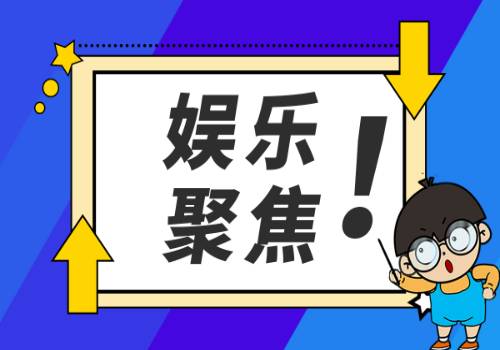

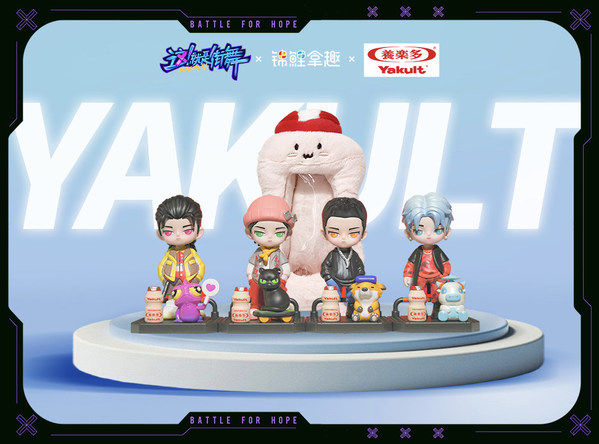
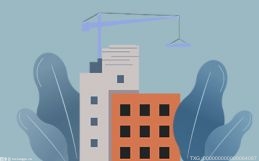

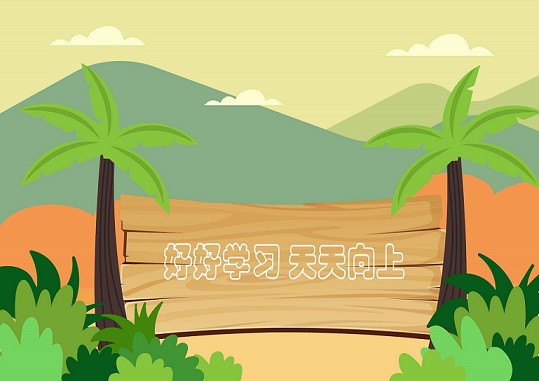
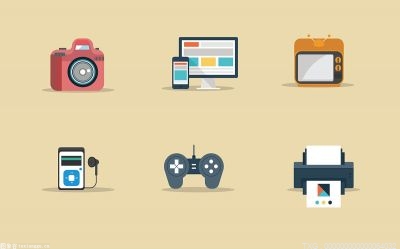
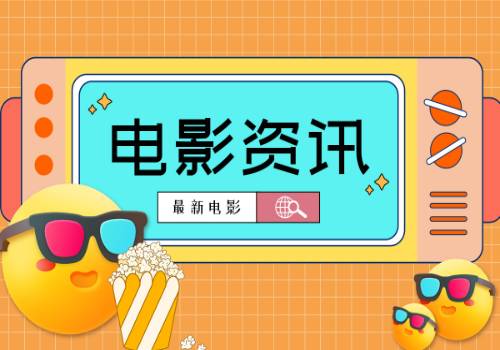





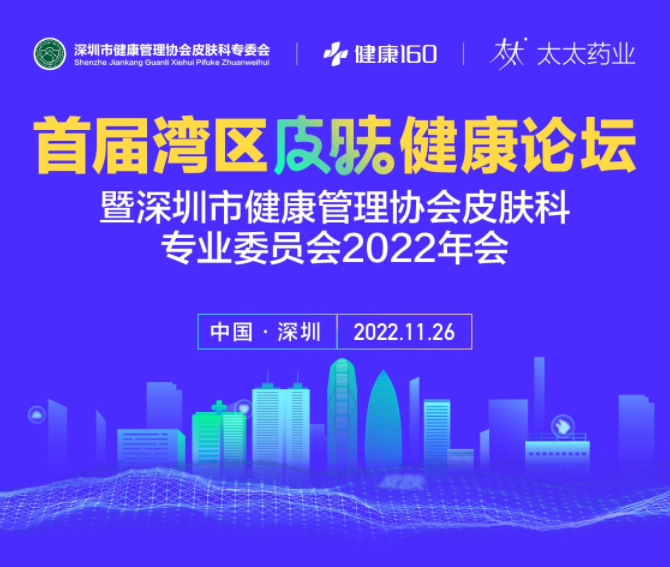




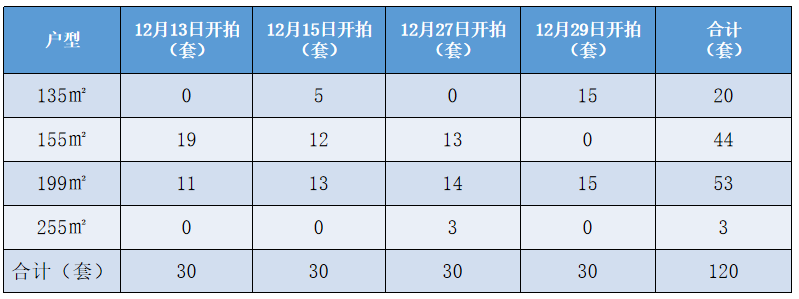


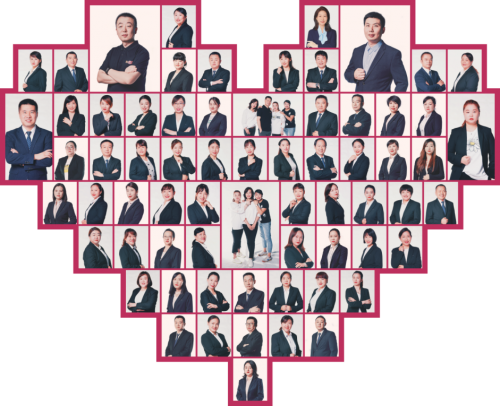
 营业执照公示信息
营业执照公示信息